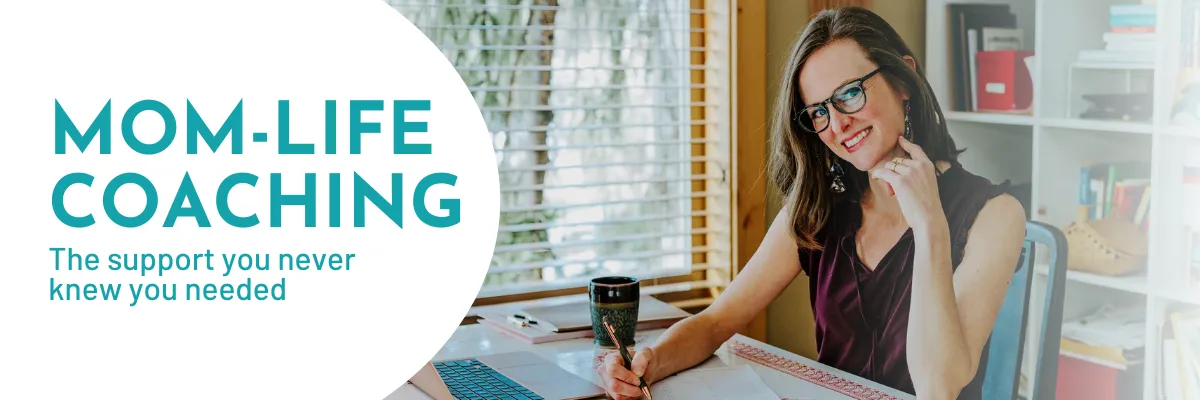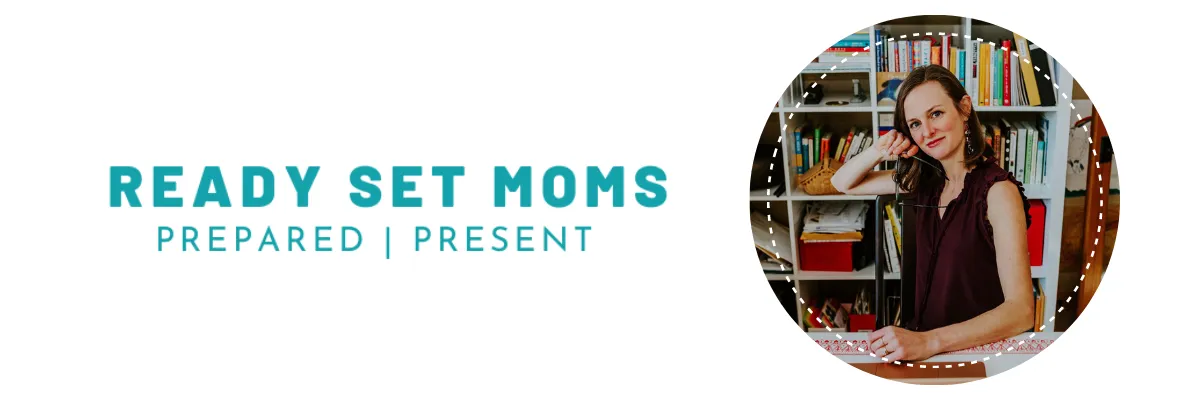Does Being A Mom Make Friendship More Complicated? Part 1
If you've ever felt confused by adult friendship, or watched your child struggle with theirs, this series on Friendships in Motherhood is for you. Welcome to Part 1.
If you’re a new mom wondering why it feels so hard to make close friendships, or a seasoned parent missing your college friends or high school friends, you’re not alone. The motherhood journey can reshape our social life in ways we never expected—especially when old friendships fade, new friendships take work, and small talk replaces deep emotional support.
Maybe you’ve joined social media threads full of awesome moms, or even scheduled a coffee date that got canceled at the last minute. Maybe you’ve noticed that being a better friend looks different now, or that you play a different role in your social circle.
This post is a reflection on the way friendship shifts when you're raising children, and how we might find a new way to build social connections, reflect on decades-long friendships, offer emotional support, or reclaim a sense of community through friendship in motherhood.
This piece explores the complexities of friendship as a mother — both in our own midlife relationships and in how we guide our children — through the lens of self-trust, goodwill, and emotional nuance.
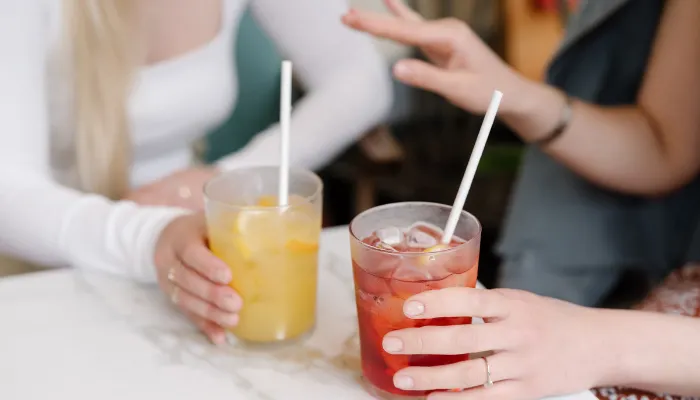
Friendships In Motherhood
Friendships in motherhood and the courage to trust yourself: I started writing this to explore my own experiences, and I hope you’ll feel seen in the quiet challenges of friendship. This piece gives you a chance to reflect on how you trust yourself and others. I hope you walk away with a deeper sense of clarity and calm about how to navigate relationships with intention.
A fascinating thing about being a mom, to a daughter,
Is getting to navigate friendships in both of our lives,
Myself as a 45-year-old woman,
My daughter, 10.
Her friends,
Their mothers,
The beloved families that move away,
The new kid that joins the class,
All the ladies in the local online moms groups, mustering the courage to declare their loneliness and desire for friends, for mom-friends, for community.
Is that you?

Friendship dynamics are dynamic (imagine that)
In filling out the “parent input form” for classroom placement for next year,
My daughter expressed the desire to not be in class with one of her best friends.
This is a huge change, and in it a lesson.
“OK. Why’s that?” I asked.
She said, “We spend so much time together,
in school and out of school.
It’s like we’re becoming sisters,
and I don’t want that to happen,
because sisters fight.”
There was more.
“I have one more year, then I’ll be going to middle school,
with lots of different people,
and lots of different teachers,
and I think it would be good for me.”
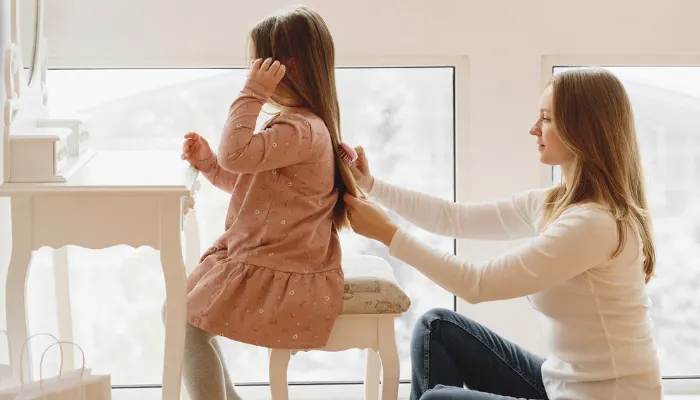
Inner voice -- letting her speak, learning to listen
And I love that her wisdom was right there on the surface.
She didn’t need to dig deep to find her inner voice.
She feels, and thinks, and speaks with one voice.
I love that in her.
I want to protect it,
and learn from it,
and practice it.
One way I foster her self-trust is not to doubt her.
I don’t offer her “Water or milk?”
And she chooses water,
And I ask “Are you sure?”
It’s a parenting philosophy,
and a human one.
What would it feel like,
if you knew what you wanted,
and you easily declared it?
How much more energy and mental space would you have,
if you released self doubt,
and trusted that others trusted your heart?
The power of trusting that others mean well
“I trust in your goodwill.”
This was in our marriage vows.
It lives in my heart and guides the way
Through any doubts or delays.
Trusting in one another’s goodwill is a gift.
It’s a state of being that is to be honored and cherished.
Between partners,
Between parents and children,
Between friends.
Between neighbors and strangers.
Presumed well-intentioned
until proven otherwise.
If there’s doubt in one another’s goodwill,
Is there relationship?
Is it a relationship I want to be in?
Keeping your guard up comes at a cost.
But our decisions, however honest, have consequences.
The other child’s feelings are hurt.
As are her mother’s.
Ouch.
I feel for the child,
for her heart that feels rejected.
I’ve been that child.
“Imagine if it was flipped,” she challenged me.
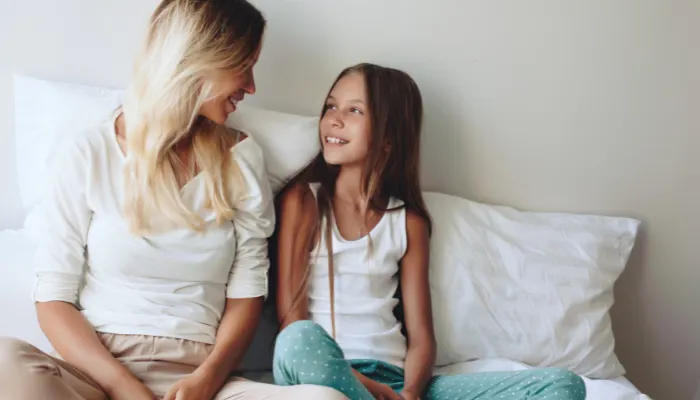
Trusting yourself when others don't
I paused. Am I lacking empathy, I questioned,
for that side of this experience?
Stop. I don’t need to doubt my own intentions, or my daughter’s.
My own wisdom, or my daughter’s.
My own responsibility, or my daughter’s.
(Wait, am I actually cracking open some empathy
for the girl group that rejected me decades ago?)
I think the real difference here isn’t between
One child voicing a preference for space
and one child feeling excluded.
But instead between
One child acting from goodwill
And another child (and her mother) not trusting that.
There’s nothing I can do to convince the child
(and her mother)
of my daughter’s goodwill
(and mine).
Or maybe there is, and I’m missing it.
But instead of taking responsibility for their response,
I’ll keep choosing goodwill,
Even when it’s not trusted.
Even when it’s not returned.
XOXO
Erika
Friendship in this season of life often happens in the living room during nap times, or in the car after music class, or in a quick video chat while folding laundry. It’s in the shared glances at the grocery store, the check-ins during bath time, and the honesty that blooms in online groups or a late-night girls’ night.
Whether you’re a new mother, navigating the emotions of a second baby, or watching your oldest daughter form her first real friends, I am right there with you. I hope you found comfort in this post.
This post was all about friendships in motherhood. If this meant something to you, you might also like:
Give Yourself and Other Moms a Boost by Giving & Receiving Compliments
Turning 45 Years Old: My Secrets to a Happy Midlife
Why Being Wrong is OK (Moms Make Mistakes, Too)
If this post helps make your mom-life easier,
subscribe to the weekly-ish newsletter and never miss a post.

